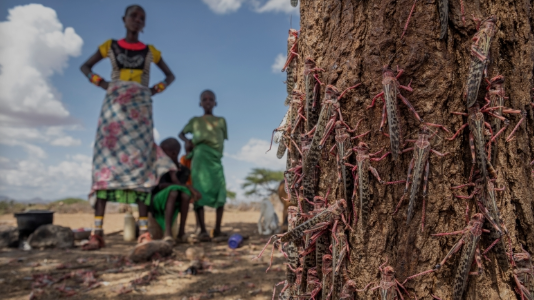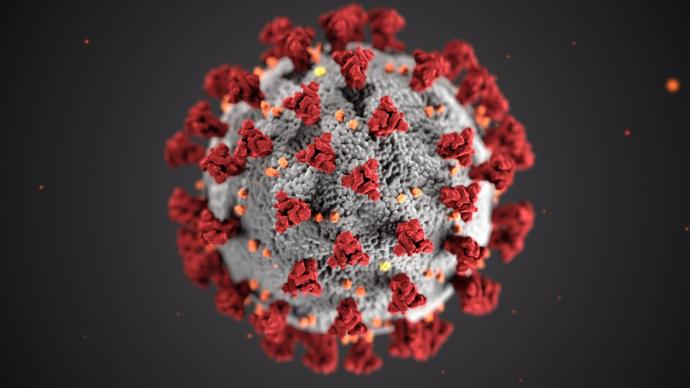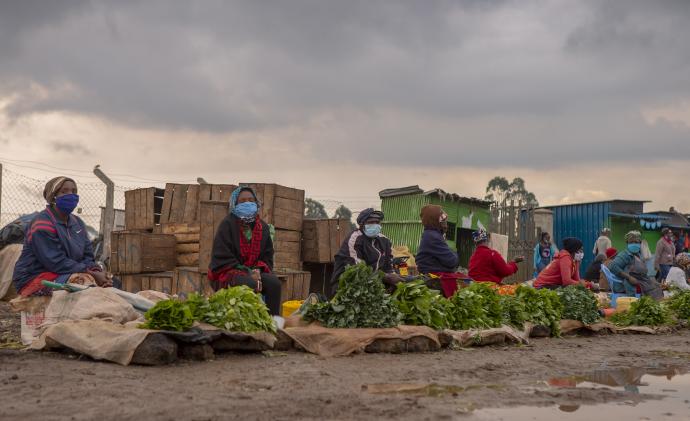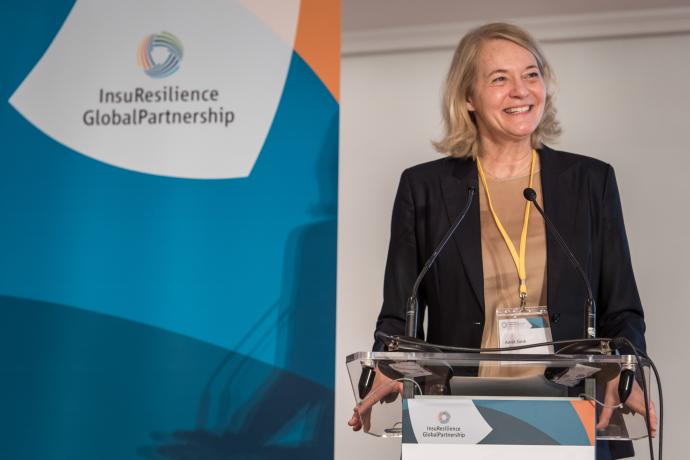24
Jul
An unprecedented desert locust outbreak destroying millions of hectares of crops and pastures is worsening food security and livelihoods of millions in East Africa, Middle East and Asia. In Kenya, it represents the most devastating outbreak the country has experienced in 70 years. Two neighboring countries Somalia and Ethiopia are facing the worst desert locust crisis in 25 years. Yemen in the nearby Arabian Peninsula is also threatened as 18 million Yemenis are already in acute food insecurity and depend on international humanitarian aid. Damages in crops are also reported in India and





